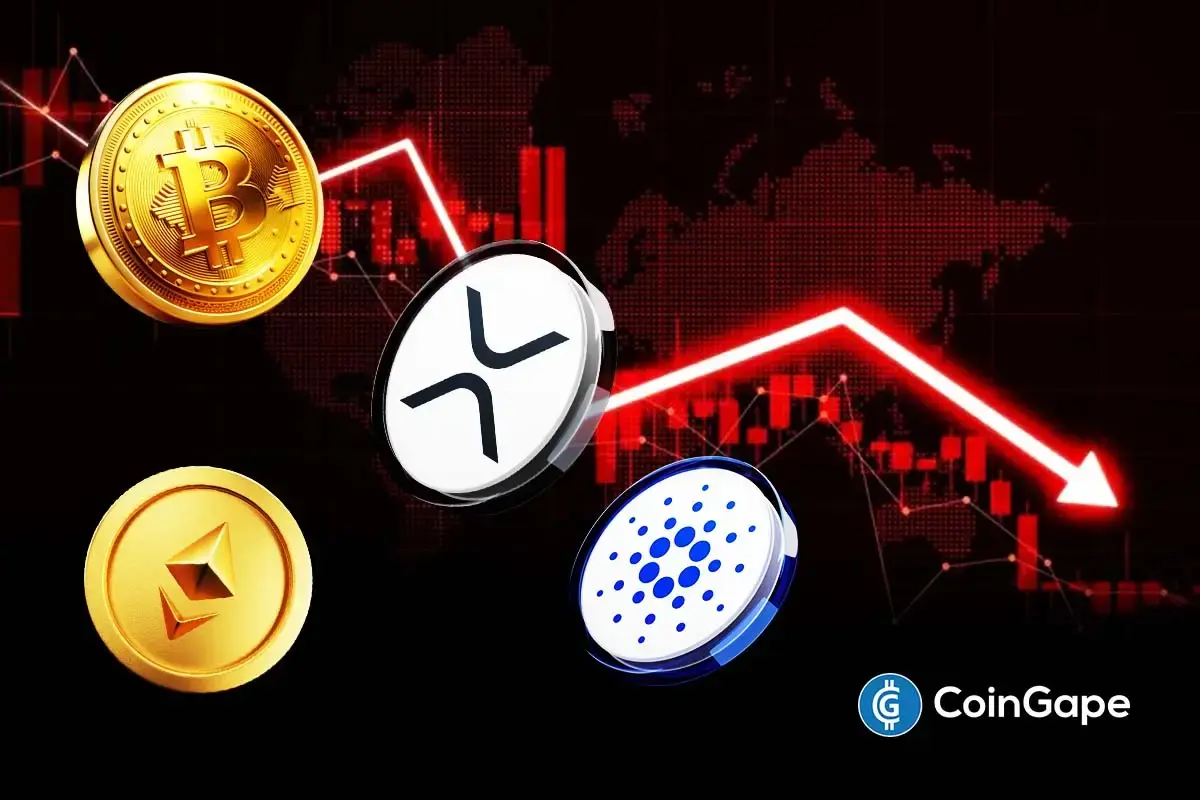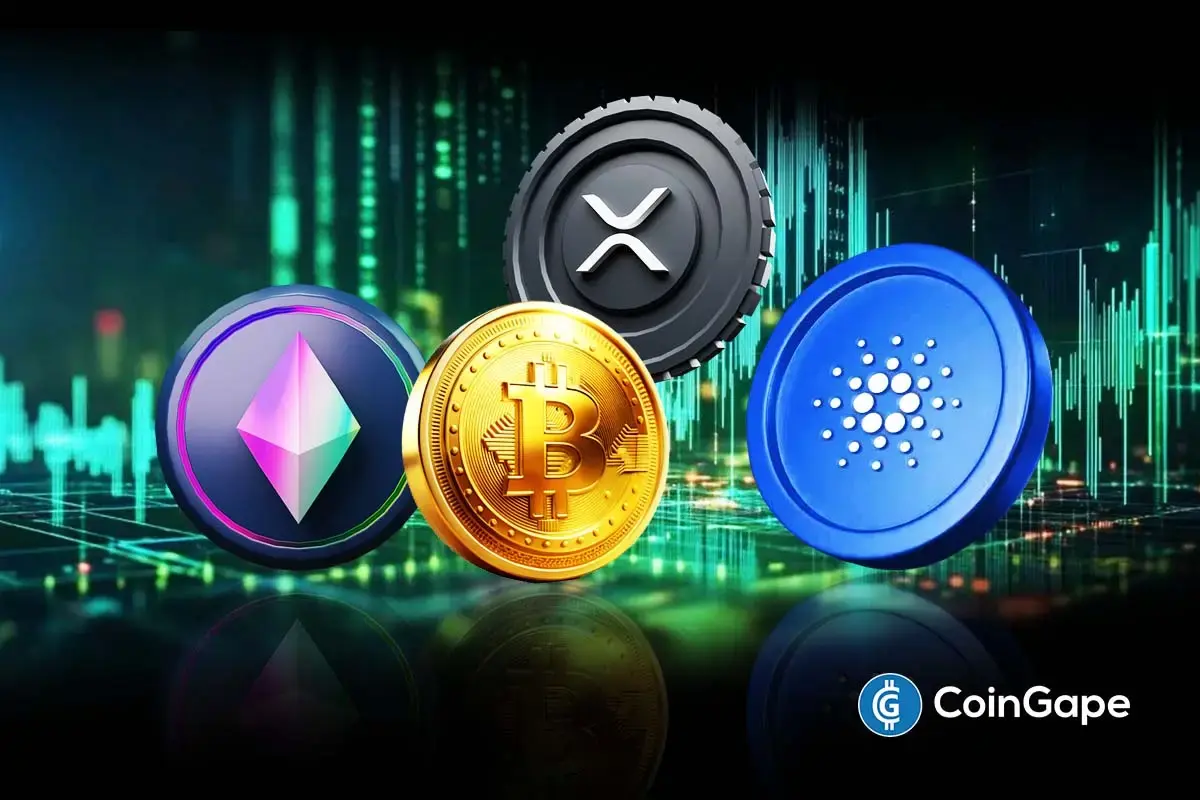US SEC Brands Solana (SOL), Cardano (ADA), Polygon (MATIC) As Securities

Crypto Market News: Few months after the U.S. Commodity Futures Trading Commission (CFTC) filed a lawsuit against top crypto exchange Binance, the U.S. Securities and Exchange Commission (SEC) had on Monday followed suit by charging the company with mishandling user funds and lying to regulators. Interestingly, the agency called several cryptocurrencies including some of the top 10 ranked tokens, as securities. Meanwhile, the new SEC Binance lawsuit comes as yet another major stumbling block not just for Binance but the entire crypto market.
Also Read: Crypto Firm Integrates ChatGPT To Enhance Risk Detection, How AI Can Help Prevent Fraud?
In March 2023, the CFTC alleged that the exchange breached US laws to solicit local users for millions in revenue. The latest lawsuit puts Binance in possibly the worst position legally, as two of the top US financial regulators have charged it.
Solana (SOL), Cardano (ADA), Polygon (MATIC) Are Securities?
On Monday, the agency filed as many as 13 charges against the crypto exchange with the highest trading volume in the world. It alleged that Binance co-founder Changpeng Zhao “CZ” mixed billions worth of funds to transfer them to a Europe based company. More importantly for the crypto trader community, the SEC’s complaint mentioned that Cardano (ADA), Polygon (MATIC) and Solana (SOL) were being traded on the platform in the form of securities. This adds to the ongoing confusion whether cryptocurrencies, or the types of crypto tokens, are securities or commodities. The complaint called these assets as investment contracts:
“Since the Binance platforms launched, defendants have made available for trading on them crypto assets that are offered and sold as investment contracts, and thus as securities.”
Thankfully, a recent draft proposal from the US lawmakers focuses on addressing these gaps in cryptocurrency regulations. Other cryptocurrencies described as securities are Filecoin (FIL), Cosmos (ATOM) and Sandbox (SAND). The pressing question remains that although the SEC claims many cryptocurrencies to be securities, there are no suitable procedures to follow in terms of registering crypto assets as securities with the agency. Meanwhile, the Bitcoin price took a sharp slump in response to the SEC Binance lawsuit news.
Also Read: Best Crypto Affiliate Programs
Play 10,000+ Casino Games at BC Game with Ease
- Instant Deposits And Withdrawals
- Crypto Casino And Sports Betting
- Exclusive Bonuses And Rewards

- Breaking: Morgan Stanley Applies For Crypto-Focused National Trust Bank With OCC
- Ripple Could Gain Access to U.S. Banking System as OCC Expands Trust Bank Services
- $2T Barclays Explores Blockchain For Stablecoin Payments and Tokenized Deposits
- Breaking: U.S. PPI Inflation Rises To 2.9%, BTC Price Falls
- XRP News: Ripple-Backed Ctrl Alt Completes $280M in Diamond Tokenization on XRPL
- Top Analyst Predicts Pi Network Price Bottom, Flags Key Catalysts
- Will Ethereum Price Hold $1,900 Level After Five Weeks of $563M ETF Selling?
- Top 2 Price Predictions Ethereum and Solana Ahead of March 1 Clarity Act Stablecoin Deadline
- Pi Network Price Prediction Ahead of Protocol Upgrades Deadline on March 1
- XRP Price Outlook As Jane Street Lawsuit Sparks Shift in Morning Sell-Off Trend
- Dogecoin, Cardano, and Chainlink Price Prediction As Crypto Market Rebounds

 Buy $GGs
Buy $GGs

















